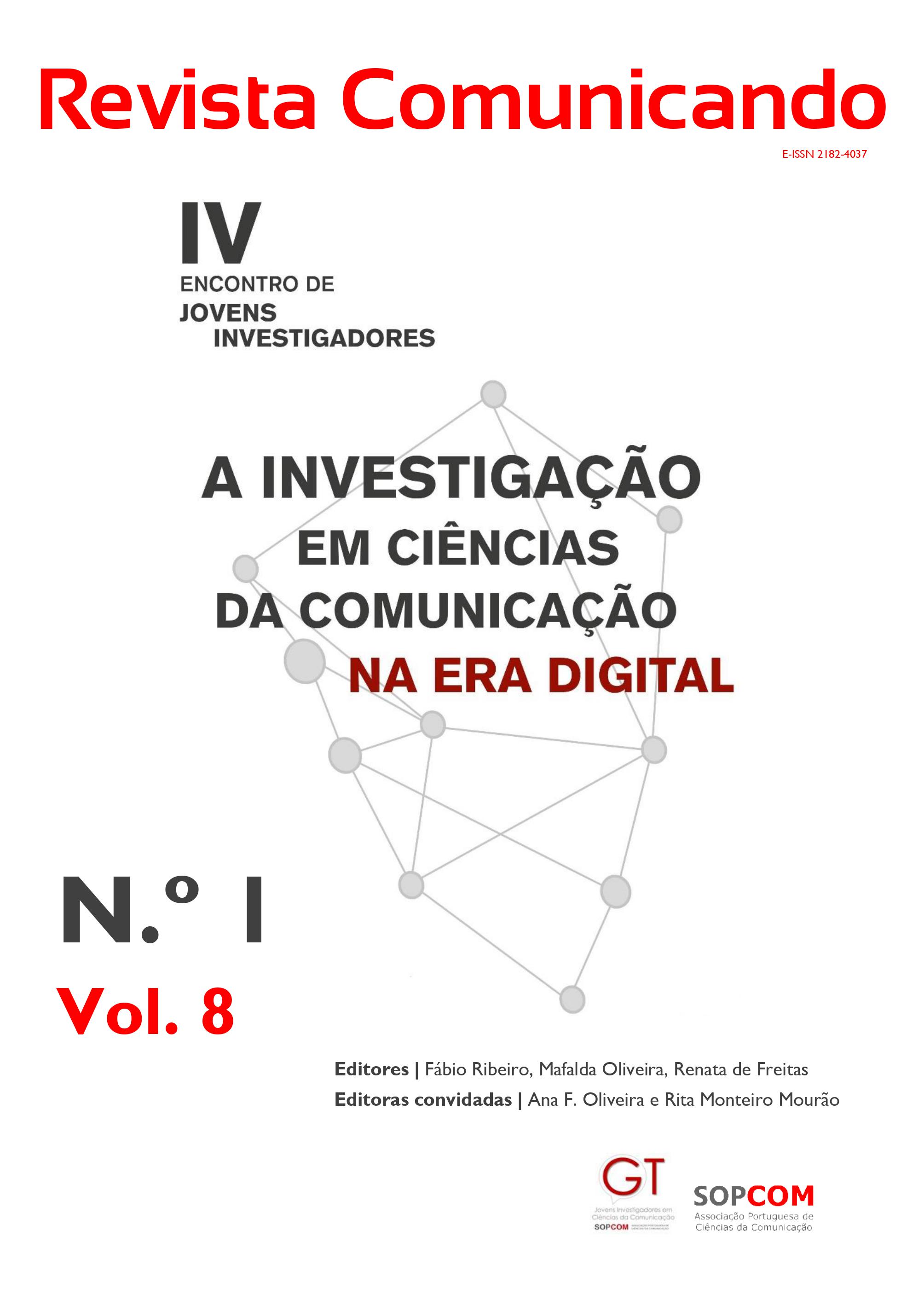The seller of the past in a lusophone context in the Post-Modern space
DOI:
https://doi.org/10.58050/comunicando.v8i1.168Keywords:
African Literature of Portuguese Language, Brazilian cinema, Lusophony, Post colonialism, IdentityAbstract
This work intends to analyze some aspects regarding the Film and Literary Studies whose appreciation is found on the characteristics of approaches and identity conflicts in these works of arts. Wehave the novel by José Eduardo Agualusa that runs through the creative space of African literatures of Portuguese-language and its adaptation to Brazilian cinema by the director Lula Buarque de Hollanda. We verify in this work, the socio-political cultural context, as well as the universalism of lusophony, both in the approach and on the framing of works. In the novel, Agualusa presents the Angolan society, and its attempt to recover in front of the social behavior coming from the post-war period of independence, he questions in his work a discouraging and forgetful present. The script for adaptation to the cinema, Lula Buarque de Holanda covers the universe of postmodernity and universality, and reconstructs the literary fiction adapting the text to dramasoriginating from the period of military regimes in Brazil and Argentina. Such cultural and artistic interferences leave the creative and imaginative power of the essence of the Lusophone identity space between the characters of these works, because of thestories, previously told on the Luanda’s literature, in Angola, they are transferred to the cinematographic scenario in Rio de Janeiro, Brazil. We note that on the novel the author shows the space for the creation of a more reflective awareness about the current political and social reality on Angola. On the film, such reflections are put in the mechanism of the valorization of memories, emotional and political wounds, promoted by the dictatorial regimes of the military governments occurred in some countries of Latin America.
Downloads
Published
How to Cite
Issue
Section
License
The authors retain the copyright, but grant Revista Comunicando the right of first publication. The work will be licensed under a Creative Commons License - Attribution 4.0 International.


